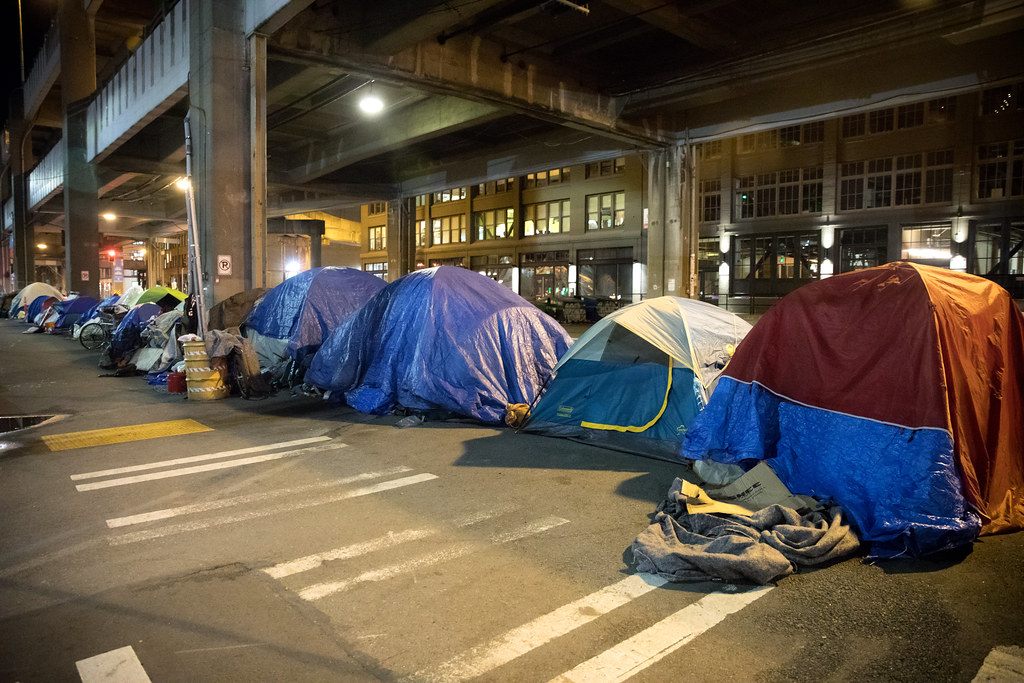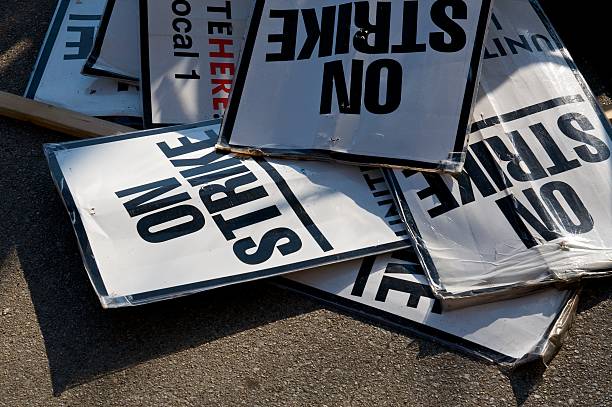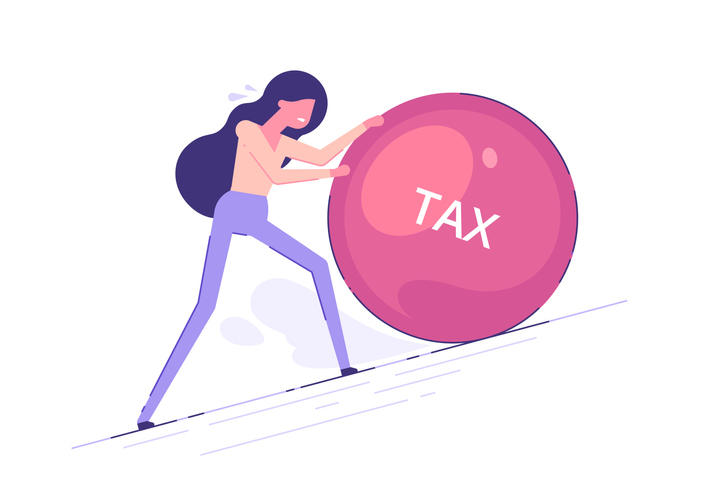The Seattle City Council has passed legislation that will set the minimum wage for food delivery workers, working for organizations such as Grubhub and UberEats, to $17 per hour.
On the surface, this looks like it will help raise the standard of living for delivery workers. History shows this will not be the case.
In what many consider to be a predictable outcome, the minimum wage law that the Seattle City Council passed September 2020, has forced Uber and Lyft to raise prices on riders. Initial estimates indicate Uber would raise prices as much as 25% and could end up raising prices as much as 50%.
A similar increase in customer prices is likely to ensue to cover the additional cost for the $17 per hour minimum wage. Less orders will be fulfilled, and gig workers will have less work. Ironically, the food being delivered will be less affordable for the very people delivering it.
Uber, Lyft, Grubhub, Doordash and UberEats and the other transportation networks (TNC’s) in the gig worker economy are successful because they provide a market driven, convenient, needed service at low cost.
The city’s involvement is an overreach, as gig worker service costs and wages should be market driven.
The advent of the gig economy services have provided millions of Americans with more cost-effective transportation and cheap food home delivery. This free-market solution has increased the consumer more flexibility to acquire a personalized service that fits his or her unique needs.
Services like Doordash and Uber Eats have been invaluable during the pandemic to provide cost effective food delivery and much needed income for workers unable to work full time due to government mandated lockdowns.
The increase in minimum wage will translate directly to increased costs for services.
With Seattle’s new increase to the minimum wage, the only winners are bureaucrats and politicians – not Uber, Lyft, Doordash or Uber Eats and certainly not their employees or the riders that use their service.






